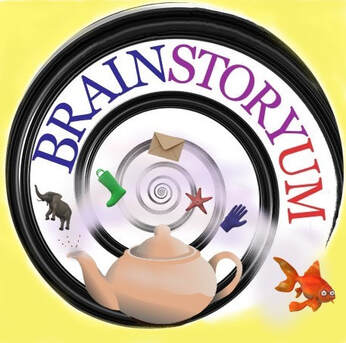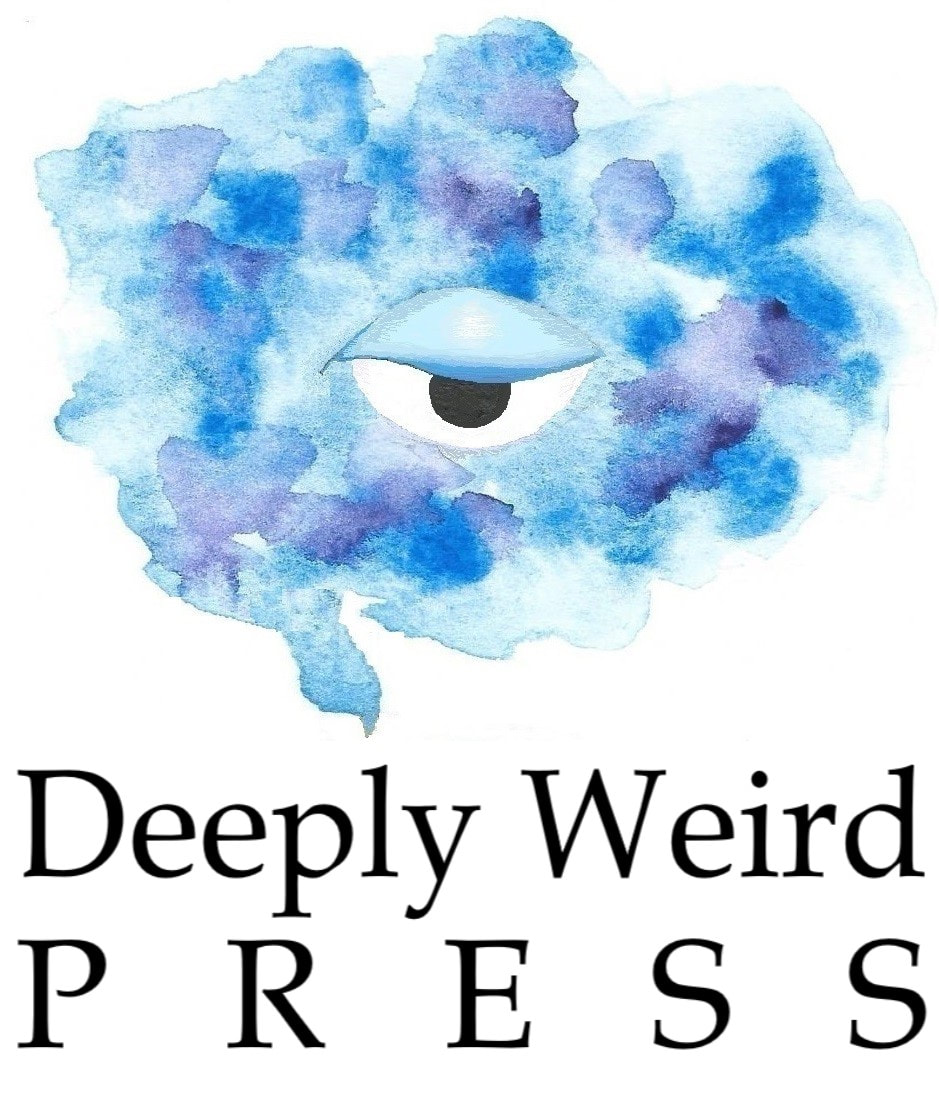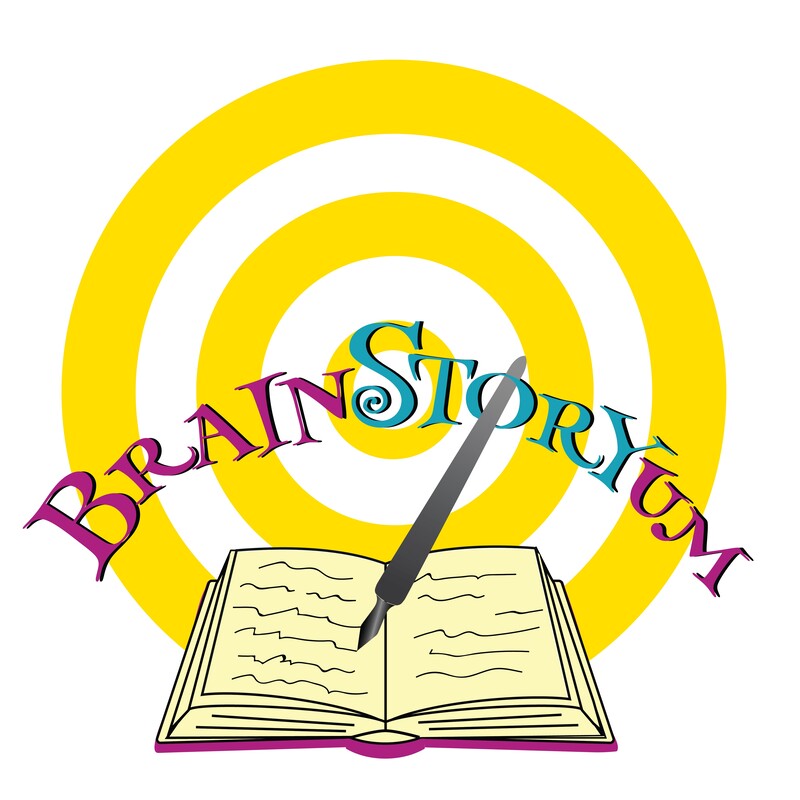Last week's show was all about finding your unique creative purpose. But did the original Surrealists have a creative purpose, and what can that tell us about inspiration and creativity?
|
|
What readers are sayingReview of The Empty Danger: 5.0 out of 5 stars |
Contact |


